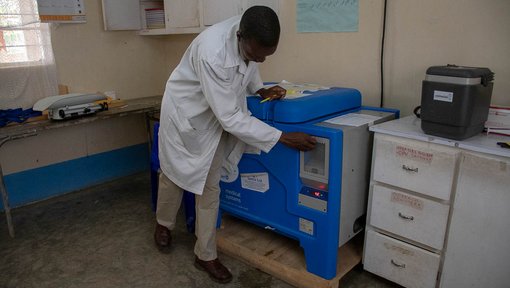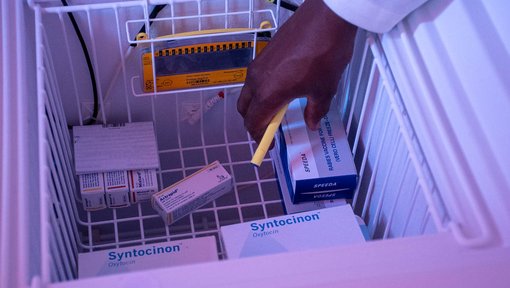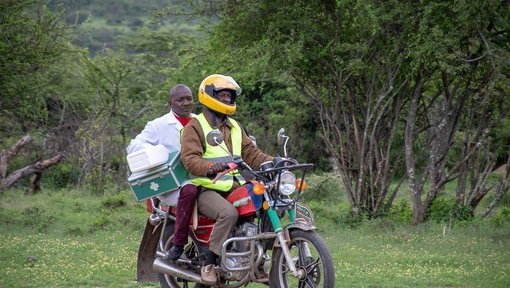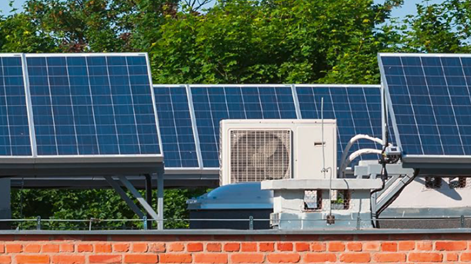On 9 June 2022 at 10:30 am (CET) GIZ Proklima will host a one-hour webinar on Photovoltaic-powered Air Conditioning in Buildings: Market trends and economic analysis.
Space cooling in buildings is characterized by enormous growth rates due to increasing ambient temperatures, growing population and urbanisation. Today, cooling in buildings is largely dominated by mid to low appliance energy efficiency levels, highly climate-damaging refrigerants as well as fossil-fuel based electricity supply, generating huge amounts of GHG emissions. Solar energy sourced to operate efficient air conditioners using climate-friendly natural refrigerants can play a critical role in significantly decoupling GHG emissions from a rapidly growing cooling demand in buildings. Further, driven by trends such as declining costs of solar PV and energy storage equipment, on the one hand, and efficiency improvements of AC technologies, on the other hand, solar-powered cooling is gaining an increasing technological and economic potential.
Against this background, we will present and discuss the results of our study which covers:
- global market trends of solar PV-powered split-type AC systems and its technical components
- economic analyses carried out in thirteen partner countries worldwide
- case study on solar AC by Médecins Sans Frontières
Agenda
| Topic | Speaker |
|---|---|
| Global drivers of PV-powered air conditioning and introduction to its technical components (15’) | Philipp Munzinger, GIZ Proklima |
| Economic analysis in 13 countries (10’) | Prof. Paul Kohlenbach, SOLEM Consulting |
| Case study, Médecins Sans Frontières, Haiti (10’) | Anja Werntges, GIZ Proklima |
| Q&A (25’) | All |
Save the Date
- Organizers
- Proklima




